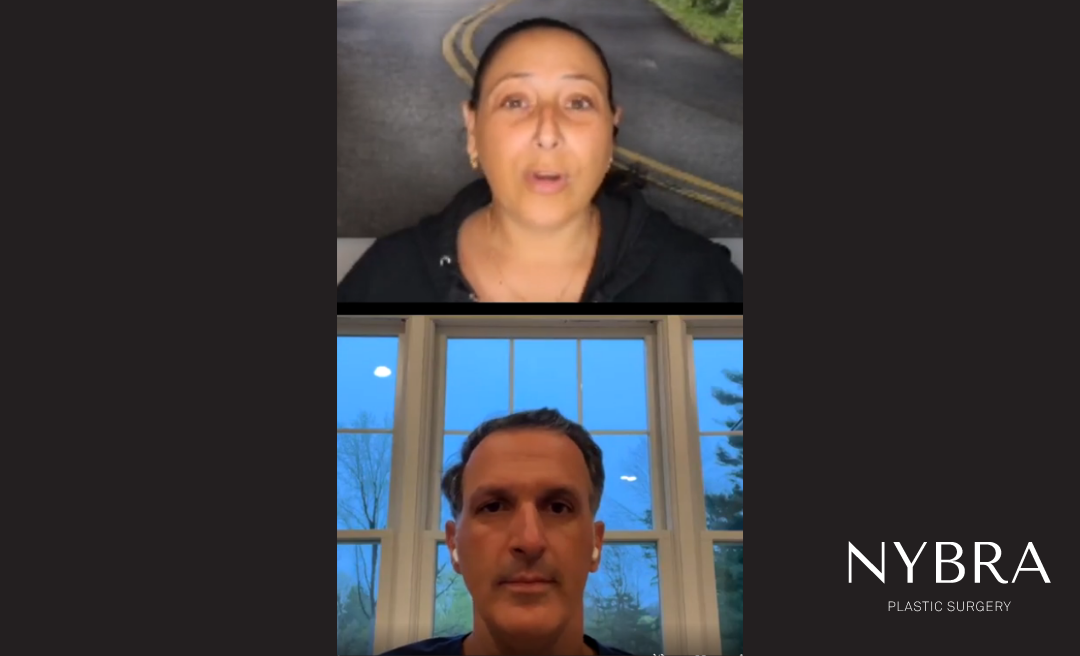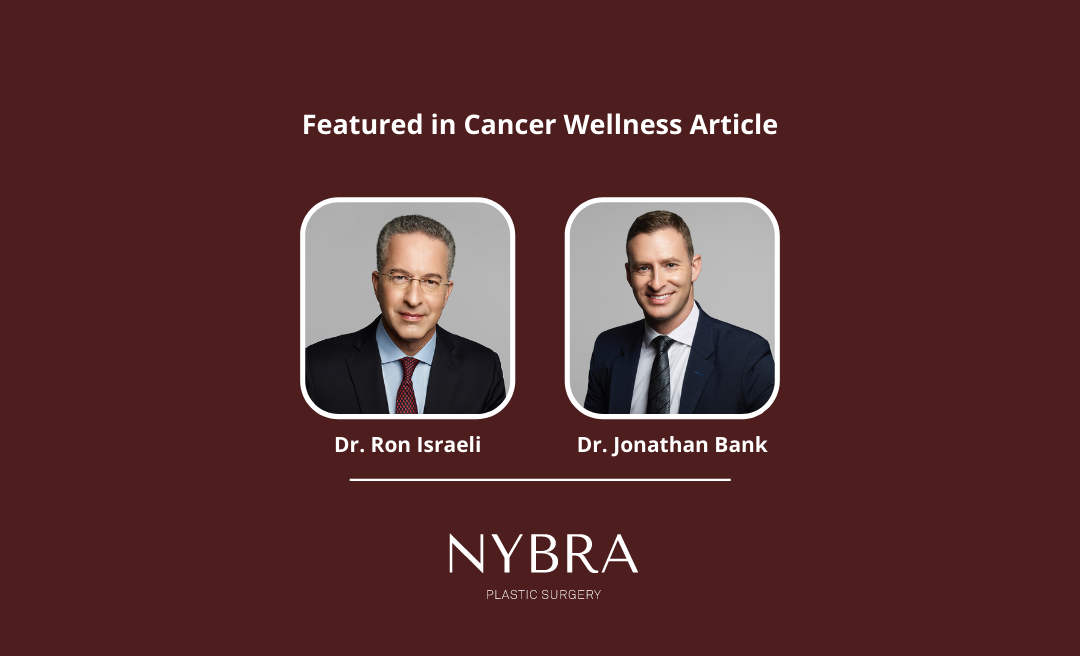Dr. Light Talks Pre and Post Surgical Care With BRCAStrong
May 11, 2022
Dr. David Light joined Tracy Posner from BRCAStrong to talk about how patients can handle care before and after mastectomy and reconstruction. While pre-op and post-op care instructions often vary from doctor to doctor, it is still essential that patients have some framework for how the process might work.
“It’s a worthy topic for us to spend a little time tonight talking about how to best prepare yourself, what to do leading up to surgery, and how to sort of optimize your health,” Dr. Light said.
The discussion began with an overview of Dr. Light’s approach to pre-op health and moved into questions from viewers that covered a wider range of breast reconstruction topics.
Read on for a few pre-op and post-op care highlights or watch the whole conversation here.
You can prepare your body by resting and eating well.
For the average patient, physical preparation for surgery generally amounts to eating well and getting adequate rest. Dr. Light emphasized a well balanced, high protein diet, with lots of vitamins and minerals. He encouraged patients to keep things simple.
“There’s no magic vitamin. There are no magic smoothies that are really going to sort of optimize it.”
Patients with diabetes should also work with their doctor to optimize their hemoglobin A1C before surgery for better wound healing outcomes. According to Dr. Light, that metric should be below 7—if it’s above 9, he said that he recommends the patient visit their endocrinologist to bring it down.
Patients should stop smoking to facilitate wound healing.
“Smokers are at a higher risk of having loss of their breast skin and open wounds, so it’s really critical that they stop smoking four weeks prior to surgery,” Dr. Light said.
The nicotine in cigarettes constricts blood vessels in the body. This not only affects wound healing, it can also impact how well breast skin survives after surgery, putting smokers at a higher risk of losing their breast skin. Studies have shown that stopping at least four weeks before surgery improves wound healing and skin survival outcomes.
BMI may impact your reconstructive options.
Tracy asked if there was a BMI cutoff prior to surgery. Dr. Light explained that it varies based on the individual surgeon. Natural tissue reconstruction tends to be a more suitable option for large-breasted women who have elevated BMI, as implants often fail to provide adequate volume. In his practice, elevated BMI is much less important than overall health.
“If the patient is healthy—if they are diabetic and it’s controlled, if they’re not a smoker—even if their BMI is elevated, I’m OK proceeding.”
Silicone can help manage scars after surgery.
Dr. Light explained that a meta-analysis of multiple studies showed that most over-the-counter creams, like aloe and vitamin E, were not helpful when it comes to reducing scars. The study found that the best option was silicone, delivered not as a cream but in a sheet
“We do know—and the study actually showed this from burn treatment—that silicone sheeting does help for scars.”
Dr. Light has patients start using silicone tape after any skin glue has come off after surgery. Patients simply cut it to size and place it over incisions. He recommends silicone ointments for harder to reach places.
View this post on Instagram
Two NYBRA Doctors Featured in Cancer Wellness Magazine
Two NYBRA doctors recently shared their post-operative expertise in Cancer Wellness Magazine. Drs. Ron Israeli and Jonathan Bank sat down with Cancer Fashionista, Melissa Berry,…
